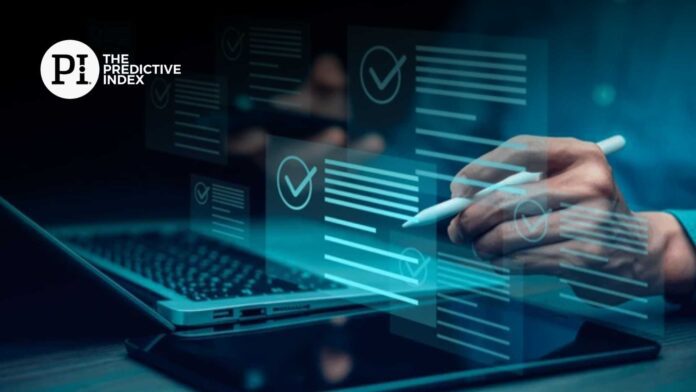AI in the workplace is no longer a source of fear—it’s a career booster, at least according to employees. That’s the headline from The Predictive Index (PI), whose 2025 AI at Work survey of 1,000 U.S. professionals shows enthusiasm for AI adoption now outweighs anxiety. But there’s a catch: trust in leadership hasn’t caught up.
While workers increasingly see AI as a tool to enhance effectiveness, strengthen culture, and open growth opportunities, the survey uncovered a trust gap between employees and executives. Many professionals feel confident discussing AI at work—but worry their input doesn’t shape decisions.
Key Takeaways from the Survey
Some of the most telling findings include:
-
81% of employees feel positive about AI impacting their careers
-
Peers and HR are trusted more than executives or outside experts for AI guidance
-
71% feel safe discussing AI, yet nearly half say their feedback doesn’t influence adoption
-
68% want training during AI rollouts, outranking promotions or job security guarantees
-
67% believe AI can strengthen company culture, while only 14% see it as a threat
-
7 in 10 employees question HR’s ability to manage AI adoption fairly
These results underscore that employees are excited about AI—but they also want clear communication, transparency, and opportunities to learn.
Bridging the Trust Gap
Matt Poepsel, PI’s VP and “Godfather of Talent Optimization,” frames the challenge plainly: “Too many employees aren’t hearing enough from executives about AI, so they’re turning to peers and HR to fill in the blanks. What’s underlying this is trust, shaped by a tight job market, economic uncertainty, and long-standing strain in employer-employee relationships.”
The findings suggest that successful AI adoption is less about technology and more about people. Employees are not a monolith: some experiment early, others need structure and time to adapt. HR leaders who tailor communication, foster inclusion, and provide training can transform optimism into action.
Training is a particularly potent lever. Employees who upskill alongside AI report higher confidence and interpret the investment as a sign that the organization respects them—a small but critical signal in a competitive talent market.
Why HR Leaders Should Care
For companies rolling out AI, the survey highlights two urgent priorities:
-
Transparency: Employees want to know how AI is being used and how their input matters.
-
Personalized support: Behavioral insights can guide rollout strategies to meet diverse workforce needs.
“AI adoption is fundamentally a people challenge,” adds Poepsel. “Leaders who slow down, listen, and understand their people’s behavioral drives can coach teams through change effectively. That’s when adoption becomes sustainable.”
In short: organizations that prioritize trust, training, and communication will not only implement AI more smoothly—they’ll build a culture that thrives alongside it.
Join thousands of HR leaders who rely on HRTechEdge for the latest in workforce technology, AI-driven HR solutions, and strategic insights







